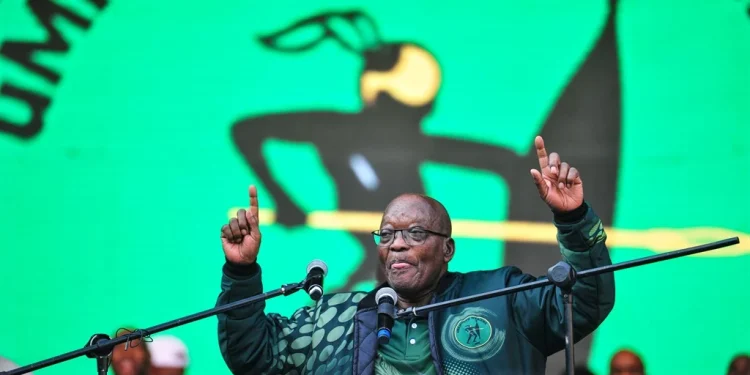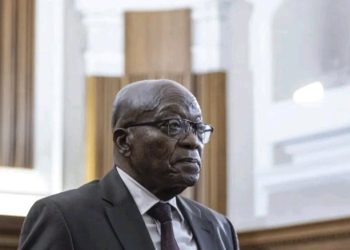- Prominent lawyer Dali Mpofu recently proposed that former President Jacob Zuma might hold the best chance of dislodging the ANC from power in South Africa, a suggestion that has sparked surprise and debate.
- Zuma, deeply divisive due to his corruption scandals and legal challenges, is viewed by many as a figure tied to the ANC’s controversies, raising questions about the viability of such an alliance.
- Mpofu’s suggestion has drawn criticism, with some questioning the logic behind backing a leader with such a tarnished legacy in the pursuit of a unified political alternative.
In an unexpected political declaration, renowned lawyer and public figure Dali Mpofu has suggested that the best chance to dislodge the African National Congress (ANC) from power in South Africa could rest with former President Jacob Zuma. This statement has sent shockwaves through the country’s political landscape, with critics questioning the rationale behind such a high-risk move.
Zuma, whose presidency was overshadowed by corruption scandals, a flailing economy, and numerous legal challenges, remains a polarizing figure. While he continues to enjoy loyalty from a faction within the ANC, particularly among its more radical supporters, the notion that he could lead an effective challenge against the very party he once helmed seems, to many, counterintuitive. For large swathes of the South African population, Zuma’s time in office is associated with instability, mismanagement, and a legacy many would prefer to leave behind.
Mpofu, an influential strategist and a key figure in South Africa’s legal circles, has long been regarded for his sharp political insights. However, his endorsement of Zuma as a potential force to oust the ANC has raised eyebrows. Given the current climate of political disillusionment in the country, many expected Mpofu to advocate for a more progressive, unifying alternative—one that could rise above the divisive politics Zuma represents.
The idea of aligning with Zuma risks entrenching the very issues that have fueled widespread dissatisfaction with the ANC, particularly concerns around corruption, misgovernance, and an unpredictable legal future. Critics argue that Zuma, still embroiled in legal battles, is not the unifying figure South Africa needs to move beyond the ANC’s tarnished legacy.
The question now is why Mpofu, known for his political acumen, would stake his reputation on a figure whose divisiveness and controversies could make it even harder to challenge the ANC. As South Africa prepares for crucial upcoming elections, the path to a successful political shift may need a new direction—one that can offer hope for change without the baggage of past failures.






















